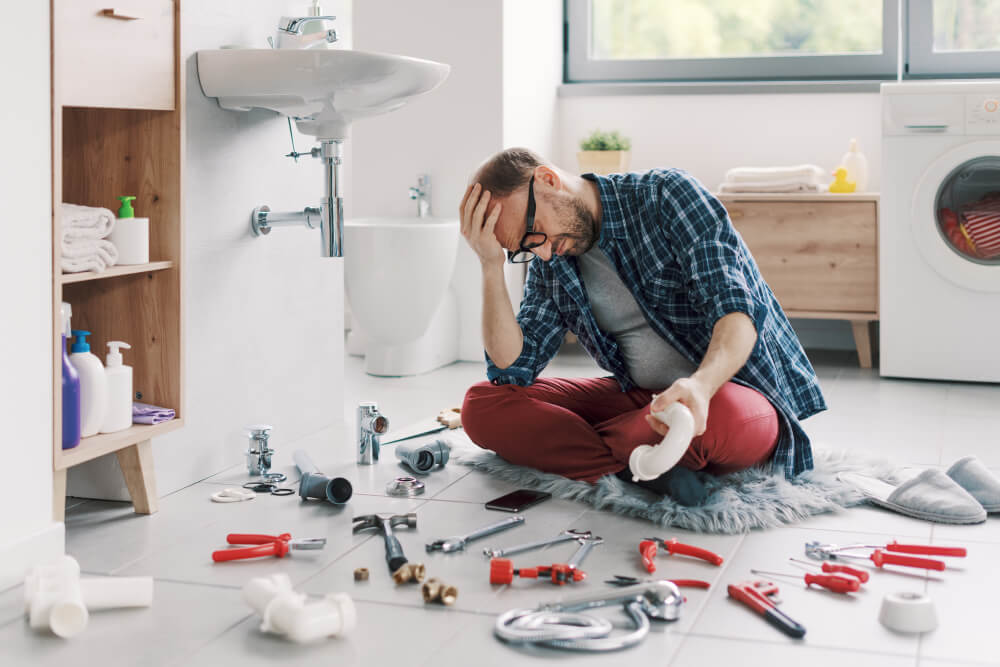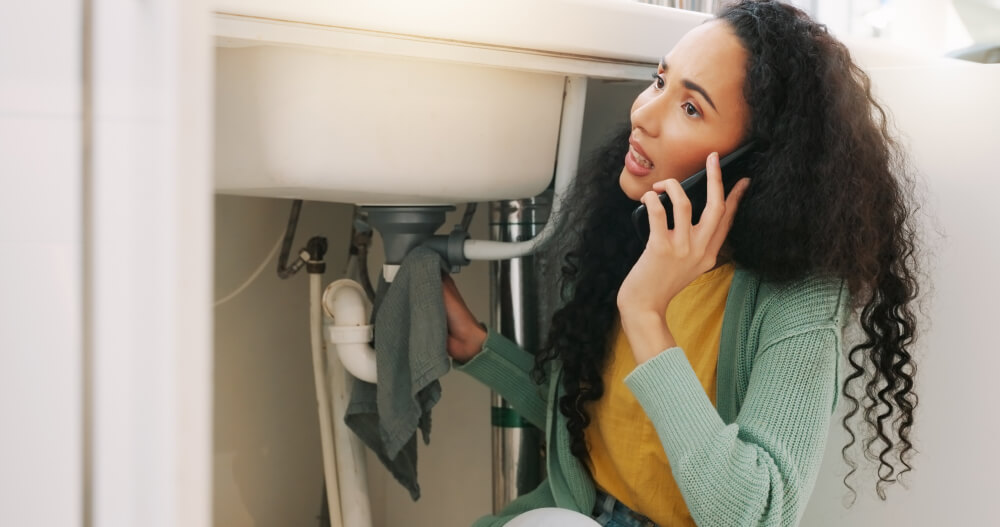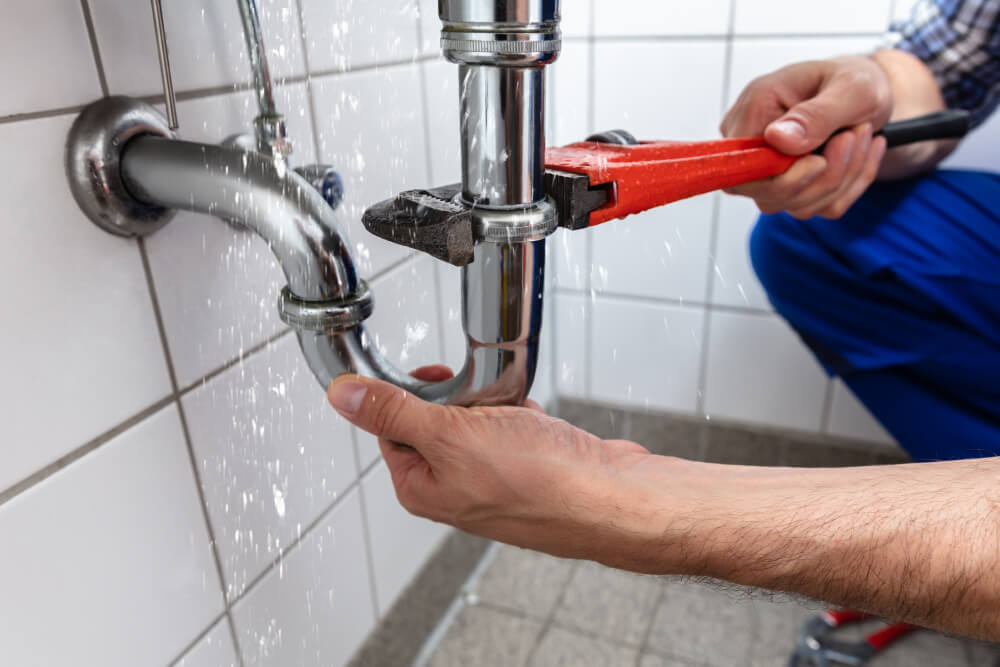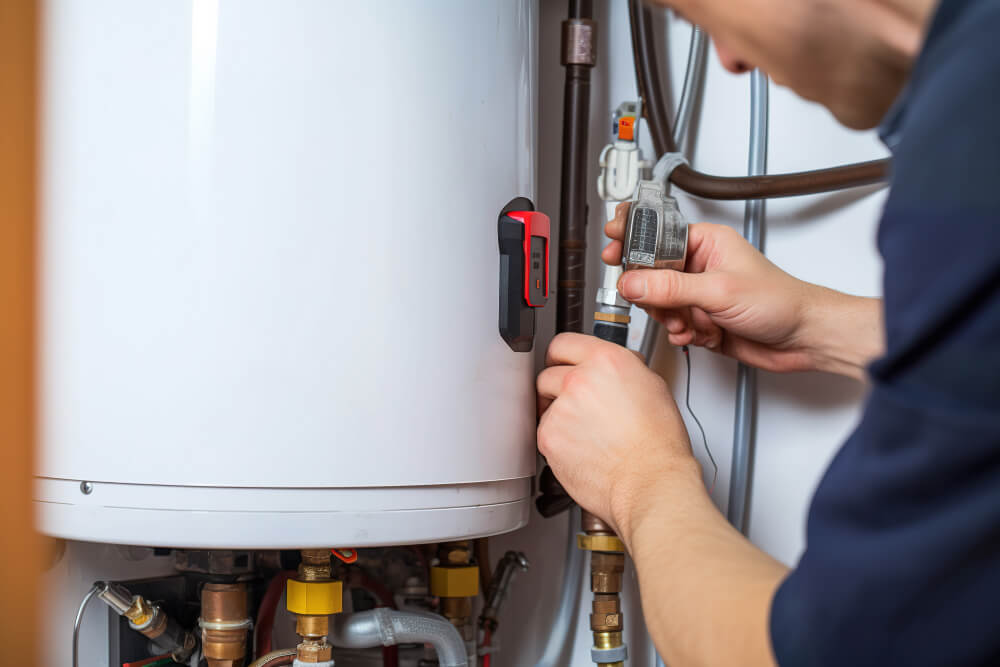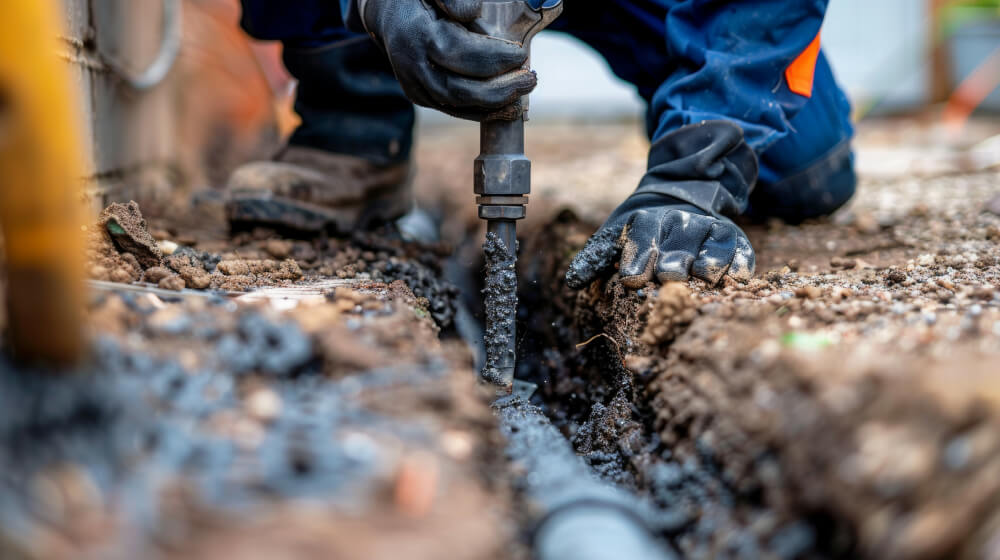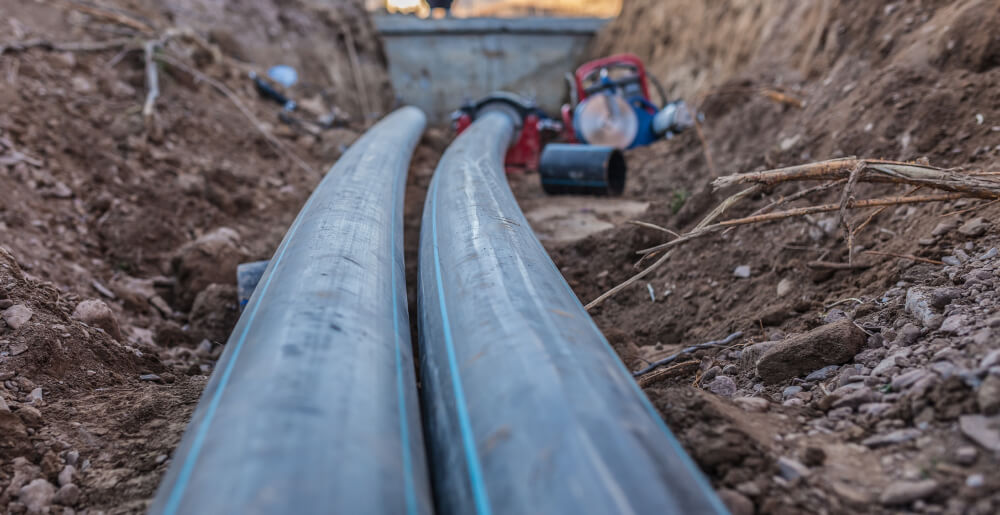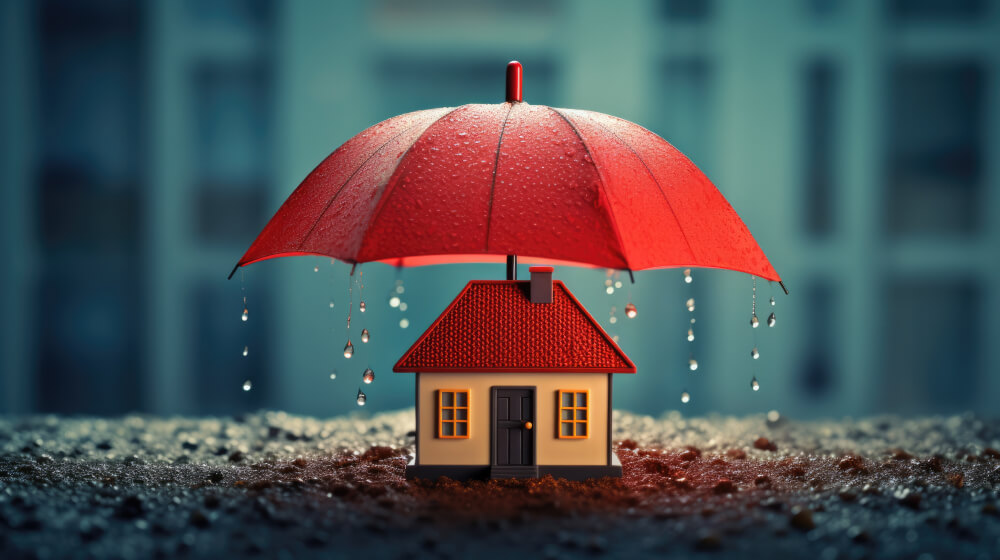Common Plumbing Emergencies
Understanding the types of plumbing emergencies can help you respond appropriately. Here are some common scenarios:
Burst Pipes- Cause: Freezing temperatures, high water pressure, or aging pipes.
- Symptoms: Sudden water gushing from the pipe, significant water damage, and reduced water pressure.
- Cause: Corroded pipes, loose connections, or damaged fixtures.
- Symptoms: Water pooling around fixtures, walls, or ceilings, and unexplained increases in water bills.
- Cause: Accumulation of debris, grease, or foreign objects.
- Symptoms: Slow drainage, gurgling noises, and water backing up into sinks, showers, or toilets.
- Cause: Blocked sewer lines, tree root intrusion, or damaged pipes.
- Symptoms: Foul odors, multiple fixtures backing up, and visible sewage in drains or toilets.
- Cause: Malfunctioning thermostat, sediment buildup, or corroded tank.
- Symptoms: No hot water, unusual noises, and water leaking from the tank.
Join HICP Homeowner’s Alliance
Connect with experts, get special discounts and enjoy member benefits
Immediate Steps to Take in a Plumbing Emergency
Quick action is crucial during a plumbing emergency. Follow these steps to mitigate damage and protect your home:
Shut Off the Water Supply- Main Shutoff Valve: Locate your home’s main shutoff valve and turn it off to stop the flow of water. This valve is usually located near the water meter or where the main water line enters the house.
- Individual Shutoff Valves: If the problem is isolated to a specific fixture, such as a sink or toilet, turn off the shutoff valve for that fixture.
- Why It’s Important: Turning off the water heater prevents damage to the unit and reduces the risk of overheating or pressure buildup.
- How to Do It: For electric water heaters, turn off the power at the circuit breaker. For gas water heaters, turn off the gas supply.
- Pipe Clamps: Use pipe clamps or rubber pipe connectors to temporarily stop leaks in pipes.
- Tape and Sealant: Apply plumber’s tape or silicone sealant around minor leaks to reduce water flow until a professional can make repairs.
- Plunger: Use a plunger to dislodge clogs in sinks, toilets, and shower drains. Ensure there is enough water in the fixture to create a seal with the plunger.
- Drain Snake: For more stubborn clogs, use a drain snake to reach and break up the blockage.
- Buckets and Towels: Place buckets under leaks to catch dripping water and use towels to soak up standing water.
- Move Valuables: Relocate any valuable items, electronics, or furniture away from the affected area to prevent water damage.
When to Call a Professional Plumber
While some minor issues can be handled on your own, most plumbing emergencies require the expertise of a professional plumber. Call a professional if:
- Major Leaks and Burst Pipes: These require immediate and expert attention to prevent extensive water damage.
- Sewage Backups: Dealing with raw sewage poses health risks and requires specialized equipment.
- Persistent Clogs: If plungers and drain snakes don’t work, a professional plumber can use advanced tools to clear the blockage.
- Water Heater Issues: Malfunctioning water heaters can be dangerous and should be inspected and repaired by a professional.
Preventing Future Plumbing Emergencies
Preventive measures can help you avoid plumbing emergencies and maintain a healthy plumbing system. Here are some tips:
Regular Inspections and Maintenance- Professional Inspections: Schedule annual inspections with a licensed plumber to identify and address potential issues before they become emergencies.
- DIY Checks: Regularly inspect exposed pipes, fixtures, and appliances for signs of leaks, corrosion, or damage.
- Why It’s Important: Insulating pipes prevents them from freezing and bursting in cold weather.
- How to Do It: Use foam pipe insulation to cover exposed pipes in unheated areas such as basements, attics, and garages.
- Temperature Settings: Set the thermostat to 120°F (49°C) to prevent overheating and reduce energy costs.
- Flush the Tank: Annually drain and flush the tank to remove sediment buildup that can cause malfunctions.
- Inspect the Anode Rod: Check the anode rod every few years and replace it if it’s corroded to prevent tank corrosion.
- Avoid Clogs: Do not pour grease, oil, or fat down the drain as they can solidify and cause blockages. Use drain strainers to catch hair and debris.
- Toilets: Only flush human waste and toilet paper. Avoid flushing wipes, sanitary products, paper towels, and other non-degradable items.
- Why It’s Important: Leak detectors can alert you to leaks and water damage early, allowing you to take action before it becomes a major issue.
- How to Install: Place detectors near water heaters, under sinks, and in basements to monitor for leaks.
Emergency Plumbing Kit
Having an emergency plumbing kit on hand can help you respond quickly to minor plumbing issues. Here’s what to include:
- Plunger: For clearing clogs in sinks, toilets, and drains.
- Pipe Wrench: For tightening or loosening pipe fittings.
- Adjustable Wrench: For various plumbing tasks.
- Plumber’s Tape: For sealing pipe threads and reducing leaks.
- Pipe Clamps and Rubber Connectors: For temporarily stopping leaks in pipes.
- Bucket and Towels: For containing and cleaning up water.
- Drain Snake: For clearing stubborn clogs.
Knowing how to respond to a plumbing emergency can save you from extensive damage and costly repairs. By following the immediate steps outlined above and taking preventive measures, you can protect your home and ensure a healthy plumbing system. Remember, while some minor issues can be addressed on your own, most plumbing emergencies require the expertise of a professional plumber. Keep an emergency plumbing kit on hand, and don’t hesitate to call a professional when needed. With proper preparation and prompt action, you can effectively manage plumbing crises and maintain peace of mind.

